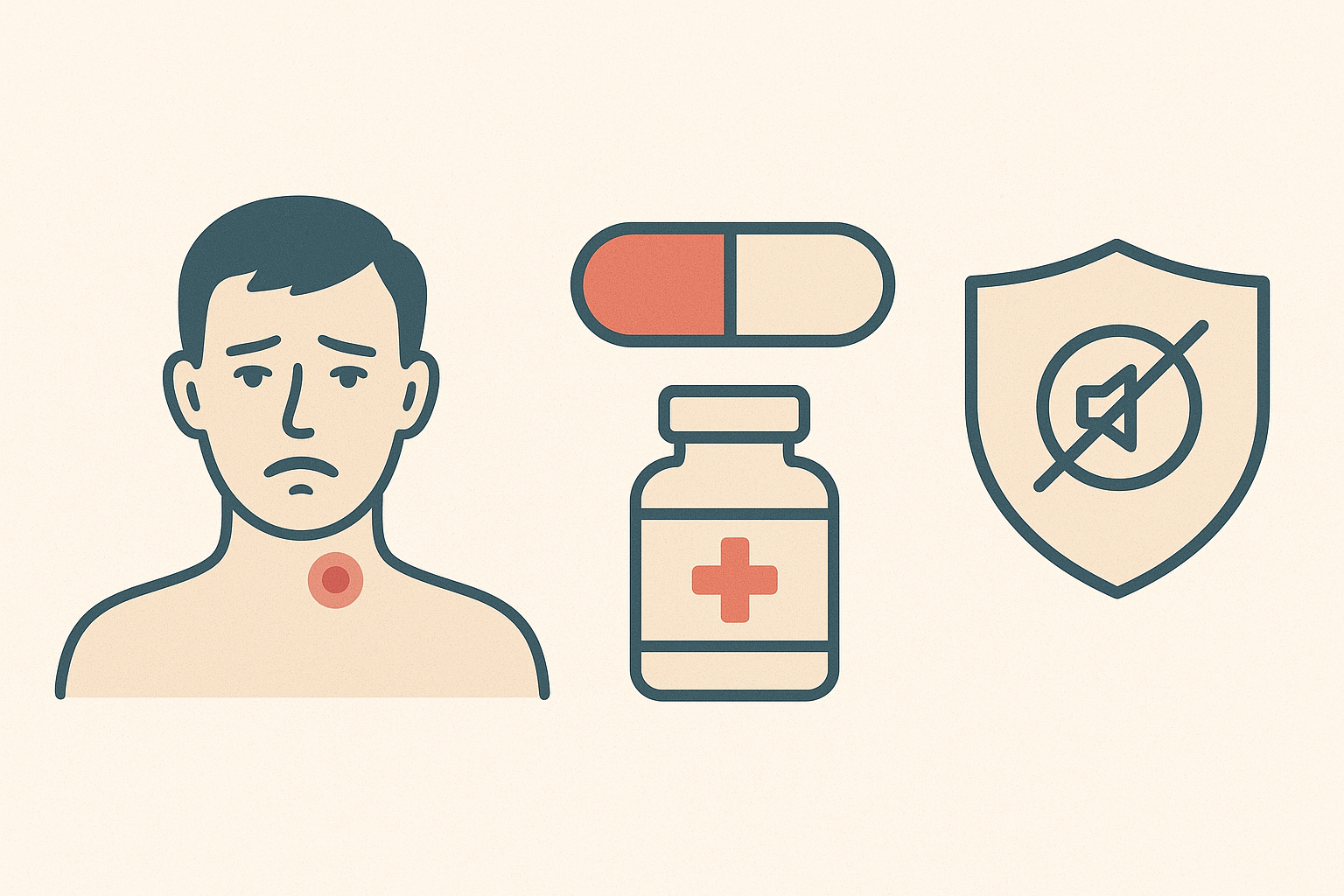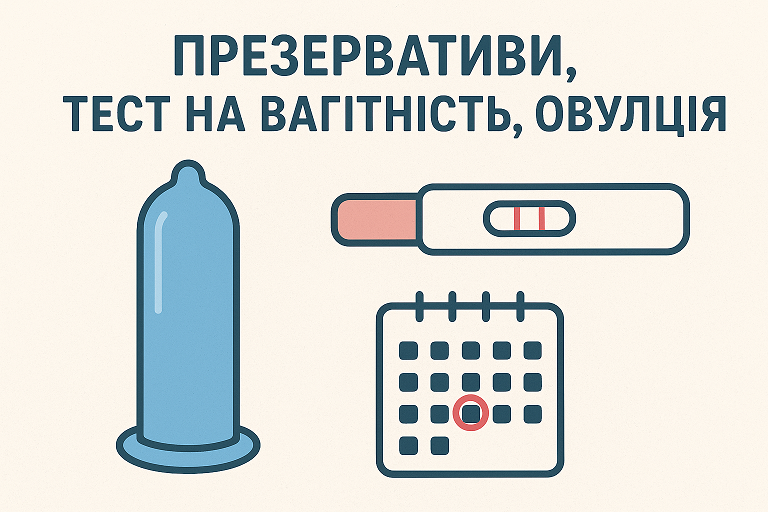
Hair loss is a problem that can affect both men and women of all ages. In some cases, hair loss is a natural part of the aging process, but it can also be a sign of other health issues. Here are the main causes of hair loss:
1. Genetic Predisposition
- Androgenic alopecia is the most common form of hair loss, also known as male or female pattern baldness. This type of hair loss is hereditary and usually begins with gradual thinning in specific areas.
2. Hormonal Changes
- Hormonal fluctuations can lead to hair loss, especially in women during pregnancy, postpartum, menopause, and with thyroid issues.
3. Stress
- Emotional or physical stress can cause temporary hair loss. This phenomenon, called telogen effluvium, occurs when a significant portion of hair shifts to a resting phase, causing hair to fall out after a few months.
4. Nutrient Deficiencies
- A deficiency in vitamins and minerals like iron, B vitamins, vitamin D, zinc, and proteins negatively affects hair health. Poor nutrition or strict diets can also lead to hair loss.
5. Scalp Conditions
- Skin conditions like seborrheic dermatitis, psoriasis, or fungal infections (e.g., ringworm) can damage the scalp and lead to hair loss.
6. Medication Side Effects
- Some medications, such as chemotherapy drugs, antidepressants, blood pressure medications, and arthritis treatments, may cause hair loss as a side effect.
7. Poor Hair Care
- Frequent use of harsh styling products, regular coloring, heat tools (like blow dryers and straighteners), and chemical treatments can weaken hair, making it brittle and prone to falling out.
8. Autoimmune Diseases
- Alopecia areata is an autoimmune disorder in which the immune system mistakenly attacks hair follicles, leading to sudden hair loss in specific areas of the scalp or body.
Conclusion
The causes of hair loss vary widely, and effective treatment requires understanding the specific cause. If hair loss becomes noticeable and continues, it is recommended to consult a doctor or trichologist for advice and examination.





